BioLoop Surfactants
- Sean Hodgkinson
- Sep 14, 2021
- 2 min read
Updated: Jun 21, 2023
The next generation of green surfactants
Introducing a new range of bio-based surfactants containing components that
are from renewable sources. Unlike many biobased surfactants, these products
offer excellent surfactant properties and can be used as green alternatives to
conventional synthetic nonionics, such as alcohol ethoxylates. The BioLoop has two
soybean hydrophobic sections that are linked by a hydrophilic loop of polyethylene
glycol derived from molasses. Unlike palm-based surfactants, the BioLoops contain
soybean oil which is considered to be a great sustainable source.
Key Features
• Based on BioLoop technology
• Biobased
• Ultra-Mild
• No skin or eye irritancy
• Low ecotoxicity
• Biodegradable
• Good detergency
• A green alternative to alcohol ethoxylates
PG (Pure Grade) v Normal Grade
The normal grade of BioLoop surfactants are aimed at standard industrial-based
processes in which clarity in an aqueous medium isn’t a necessity. The PG versions
which denotes our purified grades are for industries in which clarity in aqueous
mediums is essential.
Typical Applications
Normal Grades PG Versions
Oils and Lubricants Personal Care
Emulsion Polymers Cosmetics
Agrochemical additives Household products
Textiles auxiliaries
Hand and floor wipes
Product Range
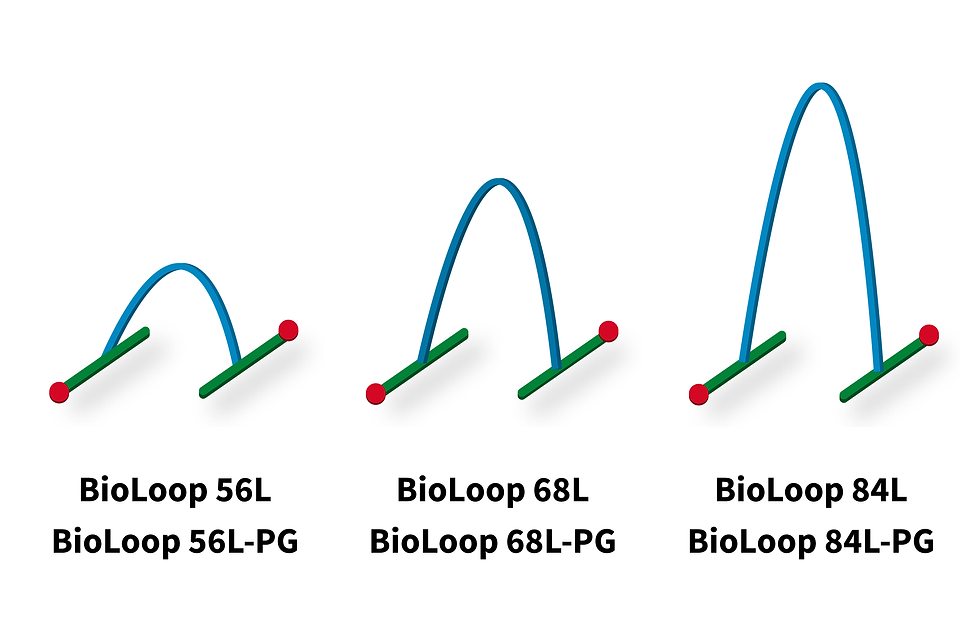
Radiocarbon (C14) dating
Result: 99.36% Biobased carbon
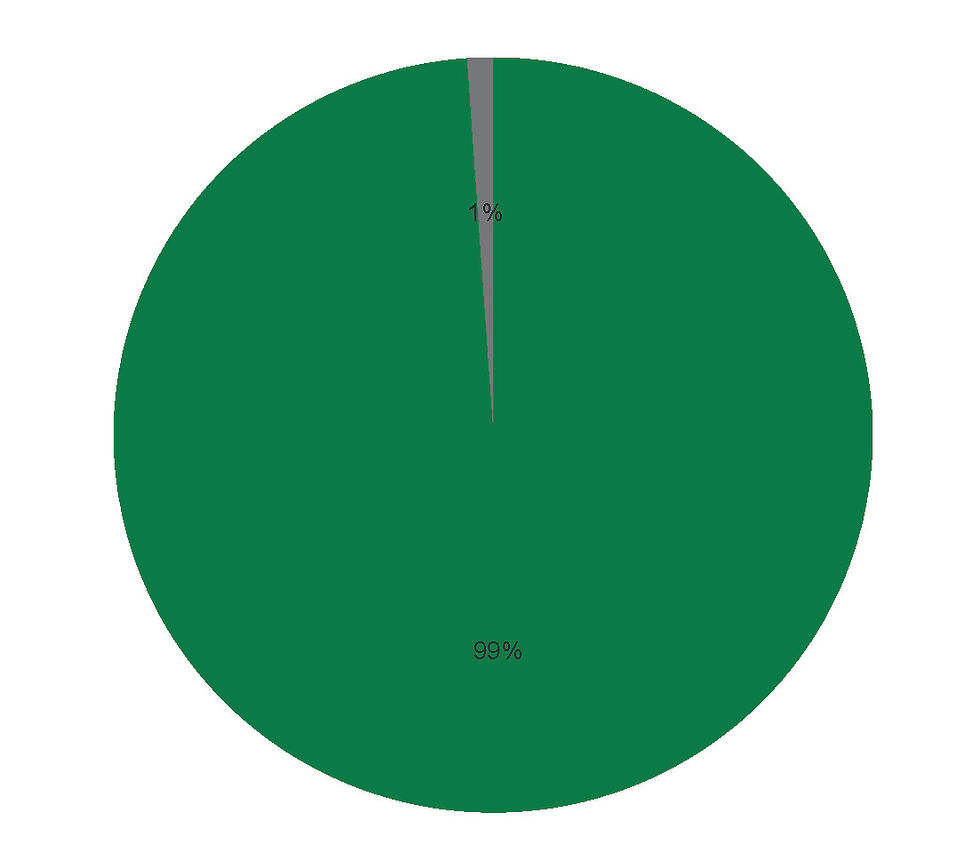
Mildness Studies
The ET 50 test method
The in vitro test was successfully adapted from the widely used ET50 method using human reconstructed skin models. Formulations are applied to the skin model surface for defined time points, followed by determination of any damage to the skin cells, using an indicator of intracellular metabolism. Test results are expressed as the ET50 value - the time taken for viability to drop to 50% of the untreated control.
The results indicate that the BioLoops, in this instance BioLoop 84L, gave a result to show extreme mildness.
Degree of mildness

Foaming Profile
Test method
A 0.1% solution is prepared and aerated for 30 seconds and then stopped. The degree of foaming is assessed after 60 seconds: A foaming classification was then defined using comparative foaming date generated across the whole of our product range.
BioLoop 56L type: BioLoop 68L type: BioLoop 84L type:
Classed as Classed as Classed as
extreme low foam medium foam medium foam
Product Links
Product Pages
Sample Requests


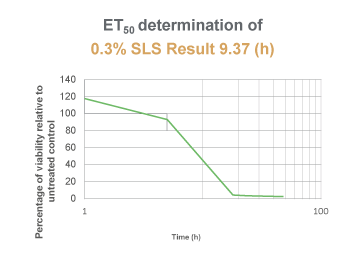

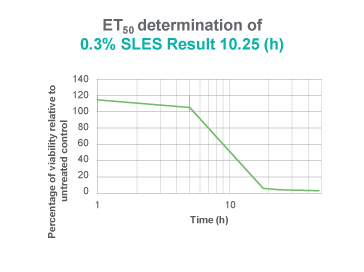

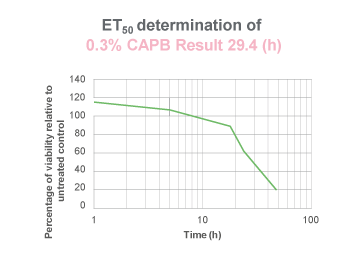

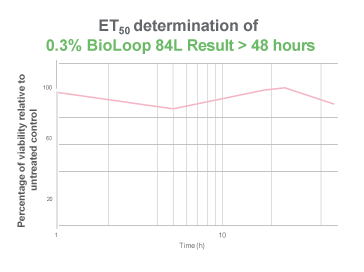






Opmerkingen